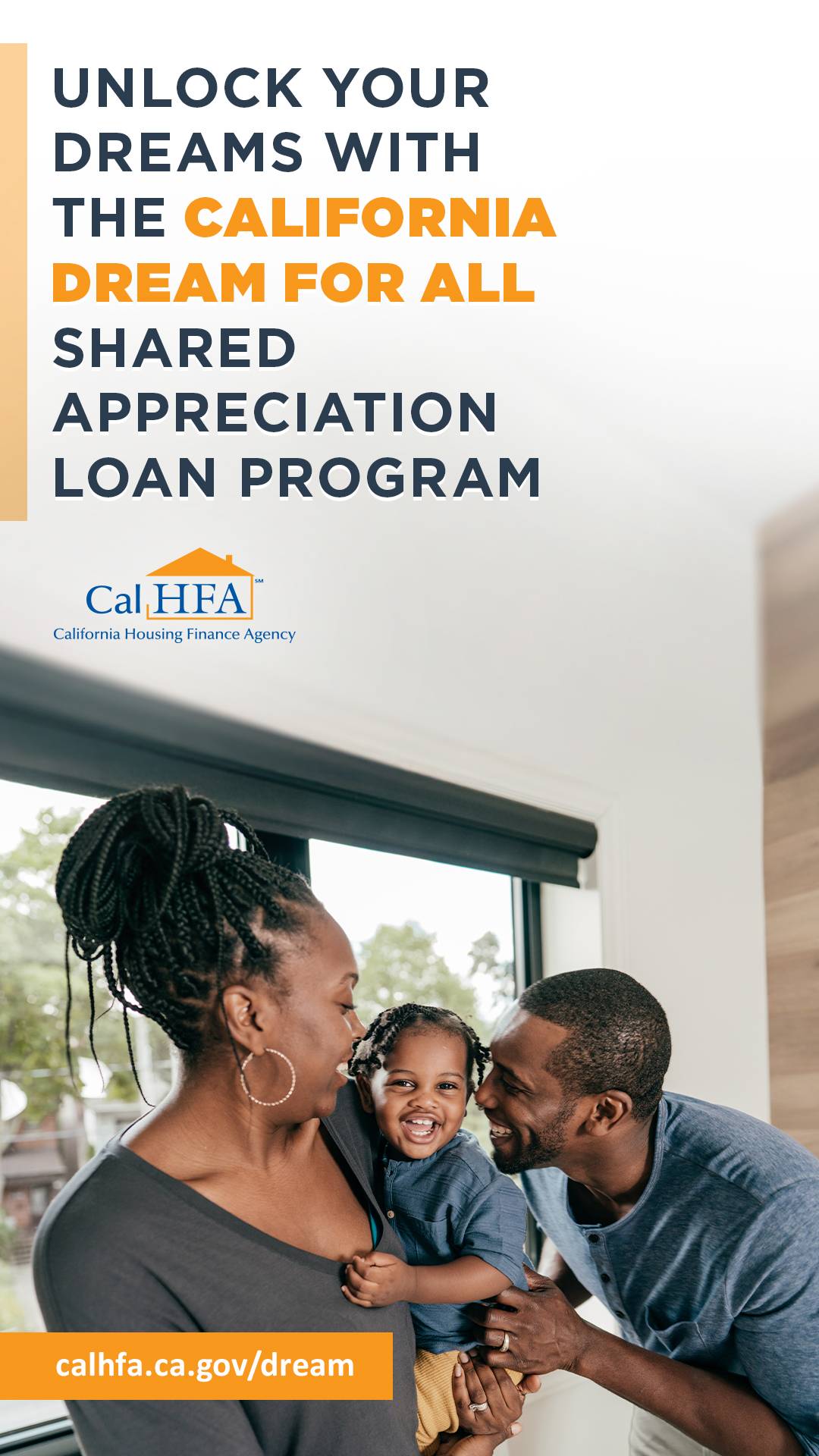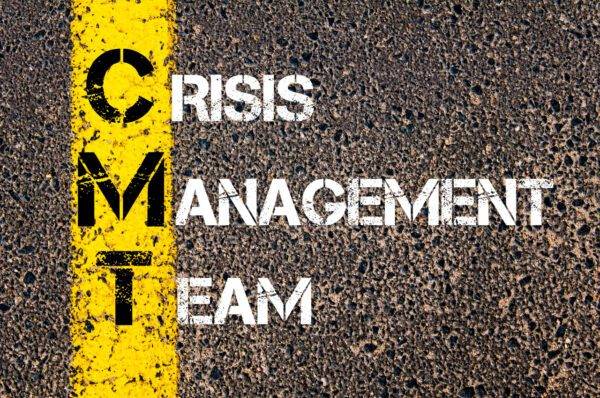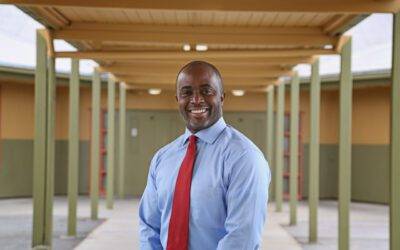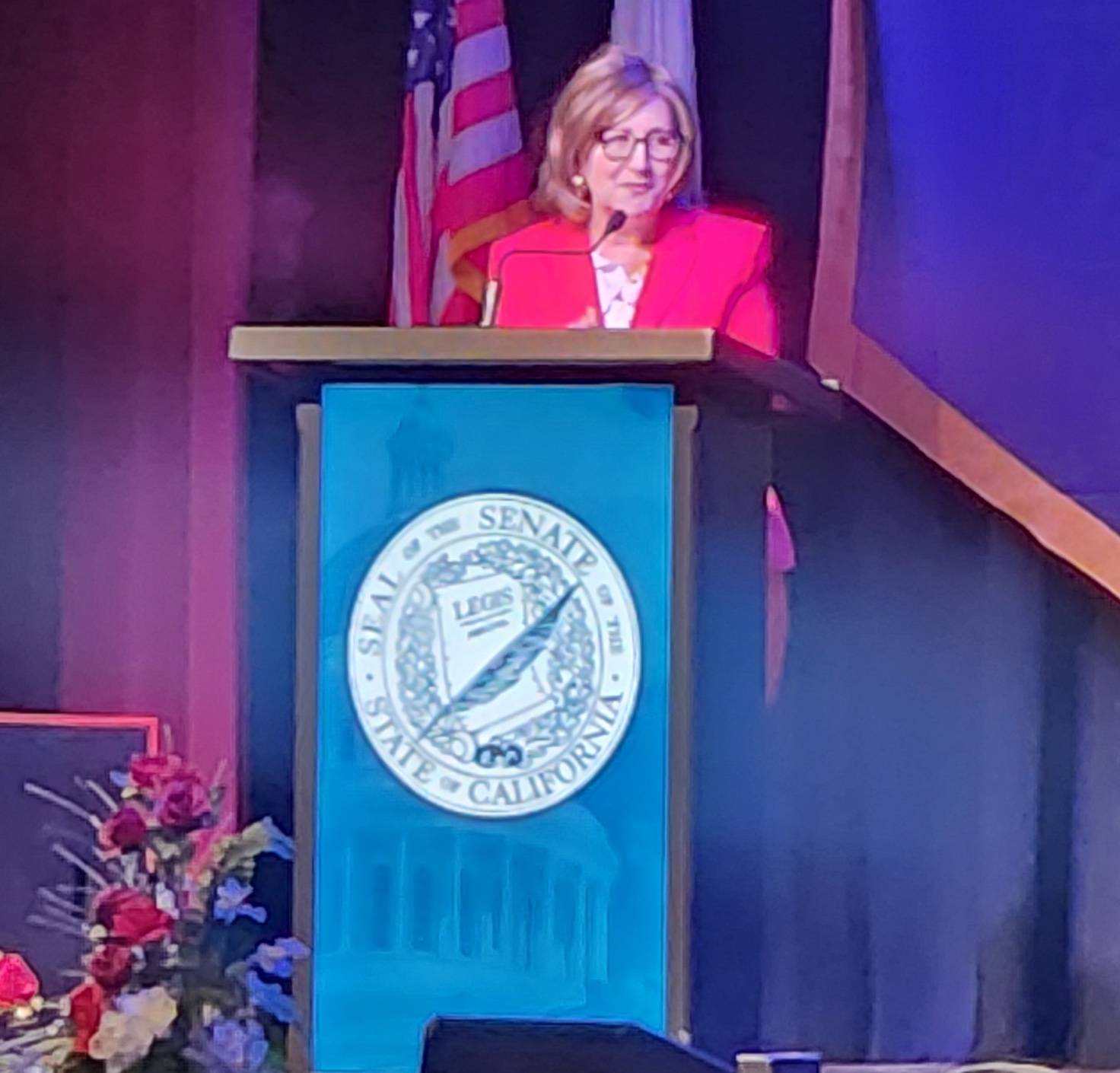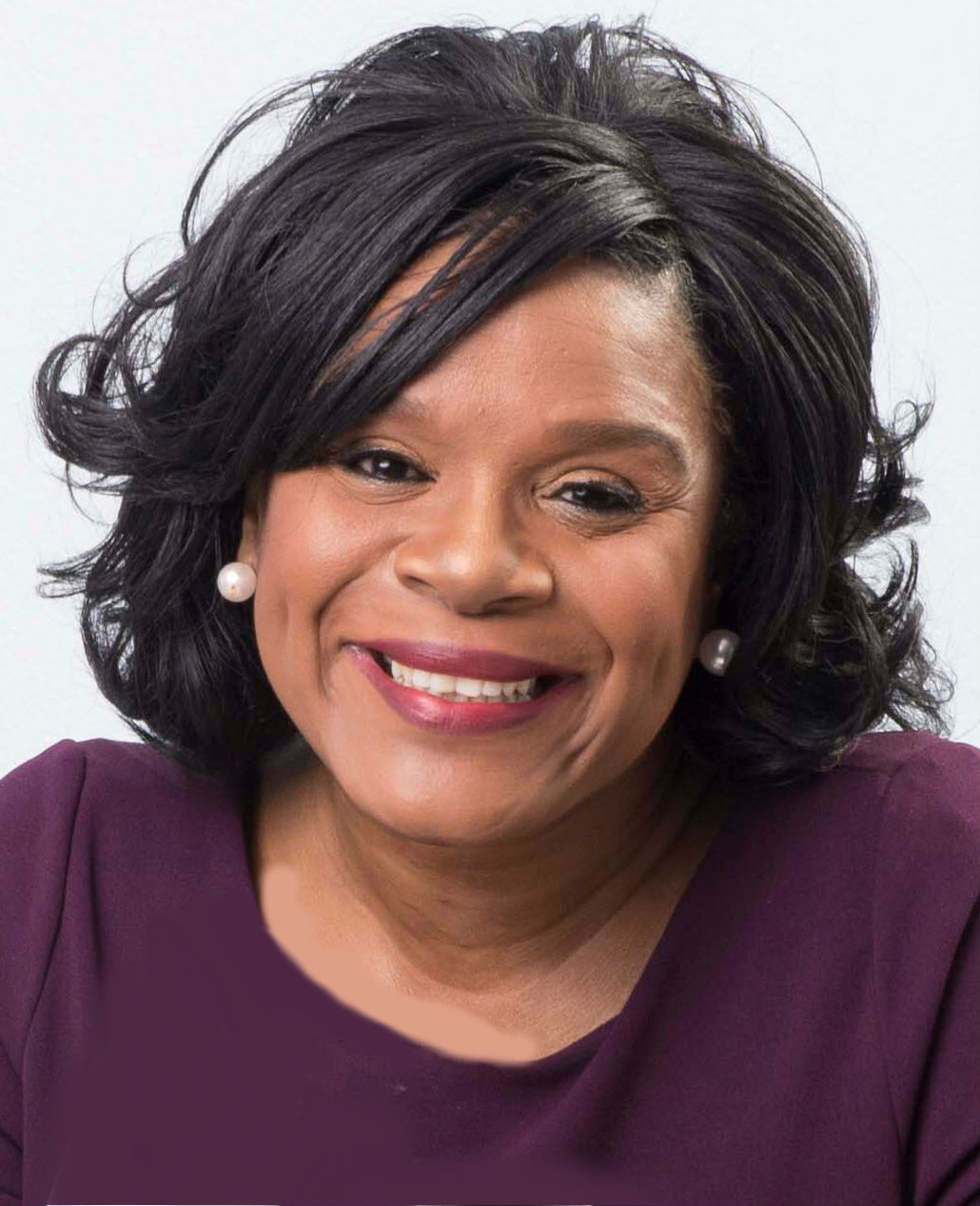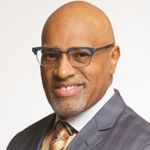Los Angeles, CA — Last month, rapper Montero Lamar Hill — better known as Lil Nas X of ‘Old Town Road’ fame — was arrested in Los Angeles after wandering the streets in his underwear while under the influence of a substance.
Armed officers confronted Hill. As that encounter escalated, the entertainer was arrested on four felony counts, including battery on a police officer causing injury and resisting arrest.
While Hill may face up to 5 years of prison time if convicted, his family has said he is fortunate to still be alive.
“That was terrifying,” Hill said in a video to fans. “That was a terrifying last four days
Other Californians experiencing mental health crises have not been as fortunate as Hill when armed officers respond. In 2016, Alfred Olango, an unarmed man in San Diego, made national headlines after Officer Richard Gonsalves shot and killed him during a mental health episode. The incident sparked conversations on alternative measures to aid individuals in need of assistance experiencing nonviolent mental and drug-related trauma.
For the past year, the city of Los Angeles has been testing programs that dispatch specially trained unarmed civilians instead of the LAPD who don’t carry guns in response to certain calls for aid.
A report on the program released earlier this month by the city said initial results are promising.
“When deployed to nonviolent, nonurgent calls for service, unarmed crisis responders have been shown to minimize the potential for escalation and address critical mental health emergencies in a manner that prioritizes compassion and safety,” the report stated.
The use of “unarmed crisis responders,” the report found, not only offers specialized care to people who need help — it also allows the “LAPD more time to focus on traditional law enforcement efforts.”
The pilot program features teams of licensed clinicians, social workers, community workers and therapists who work in pairs, responding to calls at all hours of the day and night, seven days a week. Over the first year of the program, more than 6,700 calls were responded to. Most of the calls were for welfare checks, public intoxication, and indecent exposure.
While this number of calls (roughly 40 calls per day) is only a small fraction of what the LAPD handles, the report mentions that it has saved police nearly 7,000 hours of patrol time by freeing them up for other tasks.
The two pilot programs are known as ‘The Unarmed Model of Crisis Response’, and ‘The CIRCLE program.’ They both operate out of Mayor Karen Bass’ office with their own call center and dedicated service areas.
“When crime happens, we must respond urgently and hold those accountable. But we also must, and will, continue to prevent crime before it happens,” said Bass at a press conference announcing the expansion of the programs last year. “The CIRCLE program is a step in the right direction to assist people with mental illness before their illness results in criminal action or criminal behavior.”
Crisis response workers are trained in de-escalation techniques, mental health, substance use, conflict resolution and more. The teams don’t have the authority to order psychiatric holds for people in crisis, but they can work with them to find help locally, and they can spend more time on follow-up than law enforcement can.
The report also comes as the state of California has allocated $3.3 billion in grants to bring thousands of beds in supportive housing facilities online under Prop 1, or the Behavioral Health Services Act (BHSA), that voters approved last November.
The law also mandates county health offices to support housing reform and with state funds that have been tied to compliance. In addition, it provides $100 million annually to train behavioral health professionals.
Skeptics of the program question the safety of the individuals involved. If a situation escalates to a point where a threat of violence is present, program participants are encouraged to call for police backup. According to the city’s report, fewer than 4.1% of calls end up requiring police backup.
Similar programs exist statewide, but LA city officials hope as the pilot programs expand and more data is produced to prove their effectiveness, more funds will be allocated to widen response areas and make the practice more common aiding law enforcement.
_____
By: Edward Henderson, California Black Media
